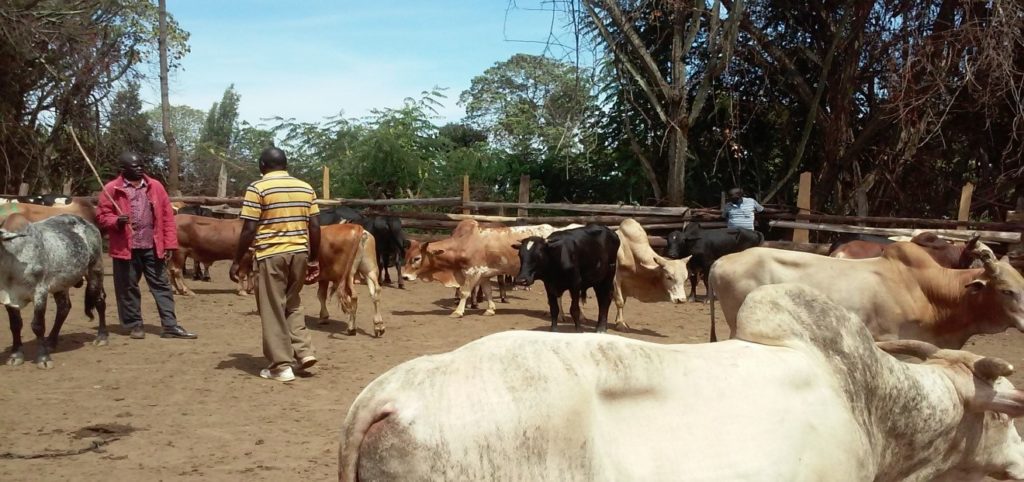
People who live in the drylands are hit hard by disasters like droughts, which are expected to increase in frequency and severity. Today most interventions in the drylands are in reaction to natural disasters. If organizations would focus on precautionary measures instead it would strengthen people’s livelihoods and capacity to cope with the droughts. To find well-fitted development actions the researchers from the Triple-L initiative investigated larger socio-economic transition that pastoralist communities are part of.
The Triple L (Land, Livestock and Livelihood) is a multidisciplinary research initiative rooted in the land-use and livelihood transformations. The researchers have been observing pastoralist communities in West Pokot, Kenya, over the last three decades. This brief is based on the annual Triple L workshop held in February 2018 at the Vi Agroforestry Centre in Kitale.
The key to stabilize livelihoods in the drylands is to invest in transformations that build the resilience for the pastoralists. This can be achieved by a combination of public and private investments in priority areas. Such as upgrading road infrastructure, investing in livestock improvement centres, promoting camel rearing and beekeeping, among other policy options.